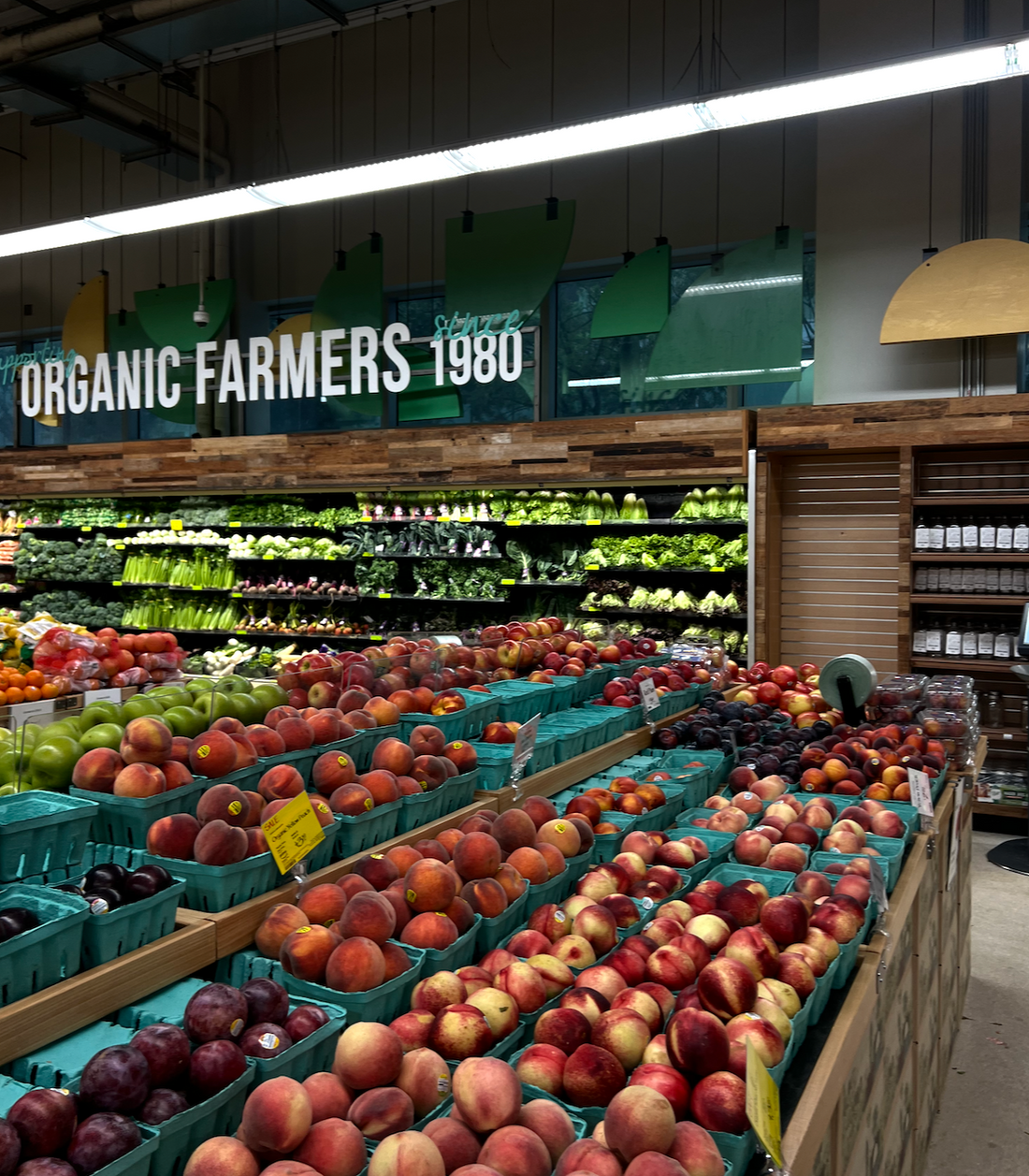
The Obesity and Food Crisis in America: My Thoughts
Share
As a fitness enthusiast and advocate for health and wellness, I’ve become increasingly concerned about the state of obesity and the food crisis in America. It’s a topic that has deep roots in how we view food, how it’s produced, and the long-term effects on our bodies.
The Numbers Don’t Lie: A Nation in Crisis
According to the CDC, over 42% of American adults are considered obese, and that number continues to rise each year. For context, in the 1970s, this number was only about 15%. This staggering increase didn’t happen overnight but is a product of systemic issues within our food system. The abundance of processed foods and the lack of accessible, affordable healthy options play a huge role.
Processed Food: The Silent Culprit
So, what exactly goes into these processed foods, and why are they so detrimental? Let’s break it down. Processed foods are engineered to be convenient, cheap, and delicious—but at a high cost to our health. Most processed foods are loaded with unhealthy fats, excessive sugars, and sodium. These ingredients are added in specific combinations that make food hyper-palatable, meaning they’re designed to be irresistibly tasty.
We’re not just dealing with food here—we’re dealing with a legal form of addiction. Processed foods are often likened to drugs because they trigger the same dopamine pathways in the brain that lead to pleasure and reward. Think about it: Have you ever reached for just one potato chip, only to realize you’ve finished the entire bag without noticing? That’s not a coincidence; it’s science at work.
What Makes Processed Food So Addictive?
Several ingredients in processed foods are to blame for this addiction-like response. Here are a few:
- Sugar: Sugar is probably the most well-known culprit. It’s not just in candy and desserts but also hidden in bread, sauces, and even "healthy" foods like yogurt. Sugar gives us that quick hit of energy, but it also leads to crashes and cravings for more.
- Fat-Sugar-Salt Combo: This trio is often referred to as the "bliss point" in food science. It’s the perfect combination of taste and texture that keeps you coming back for more. Companies spend millions on research to get this mix just right, so it’s no wonder we find ourselves unable to stop.
- Artificial Additives: Beyond the natural ingredients, processed foods are full of artificial flavors, preservatives, and chemicals designed to enhance taste and prolong shelf life. These ingredients aren’t just harmful to our health; they’re designed to keep us hooked.
A Vicious Cycle
This addiction to processed foods doesn’t just affect our waistlines—it affects our overall health. As we consume more of these foods, we’re less likely to feel satisfied, leading us to eat more and, in turn, increase our caloric intake. Over time, this creates a vicious cycle of overeating, weight gain, and, eventually, obesity-related diseases like heart disease, diabetes, and more.
The impact isn’t just physical, either. Many people feel a sense of guilt or failure for not being able to control their eating, not realizing that these foods are specifically designed to make moderation nearly impossible.
Breaking the Cycle
So, what can we do? As a fitness and wellness advocate, I firmly believe that education is key. People need to be more aware of what’s in the food they’re eating and how it affects them. We can’t continue to allow profit-driven food companies to dictate our diets, especially when their products contribute to a nationwide health crisis.
It’s time to take control of what we put into our bodies. Opt for whole foods, shop the perimeter of the grocery store, and cook more meals at home. Reducing our dependence on processed foods is not just a dietary choice; it’s a stand against the corporate food industry and its role in the obesity crisis.